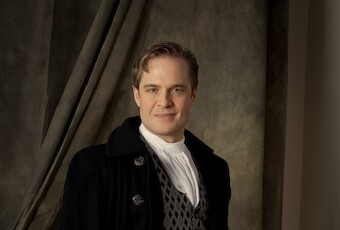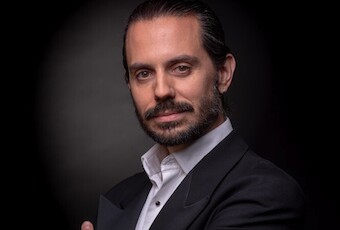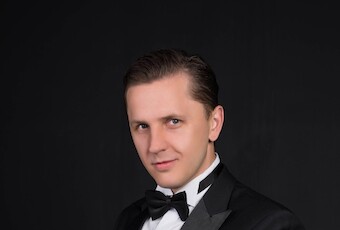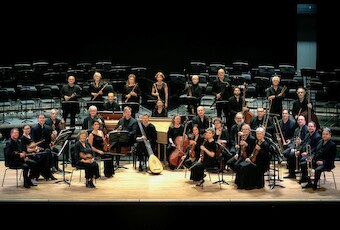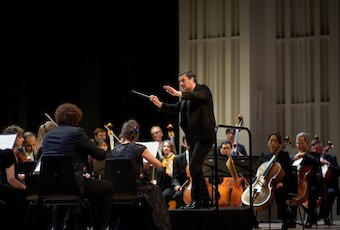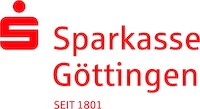Tamerlano (HWV 18)
Festspieloper
Two great rulers stand eye to eye in Handel's opera Tamerlano: the Tartar prince of the same name and Sultan Bajazet. Although “eye to eye” is relative, as Tamerlano has defeated the Turkish Sultan and taken him into custody.
So far, so true: in 1402, the Ottoman army under Bayezid I was indeed defeated by the Turkic Mongol warriors commanded by Tamerlan. The Sultan was subsequently captured and died a few months later. The atrocities of both rulers were legendary and not only satisfied the obscure curiosity of 17th and 18th century Europe about the seemingly exotic foreign powers, but also served to quell the fear of the Ottoman Empire, which had long been regarded as an enemy.
The French master of tragedy, Jean Racine, tried his hand at a dramatic retelling as early as 1672, laying the foundation for the so-called Turkish fashion in European art. But it was Jacques Pradon's tragedy “Tamerlan ou la Mort de Bajazet”, published shortly afterwards, that made the material a success and inspired librettists and composers throughout Europe to create a veritable operatic roundelay.
In 1724, the clever Handel not only sees the story's potential, but also wants to present King William of Orange – the French “Sun King's” opponent – with anti-absolutist material in London. And he works his magic. In Tamerlano, Handel captivates the audience with sophisticated recitatives and profound, almost psychoanalytical, highly sensitive arias. Breathtaking: the fully composed suicide of the proud Sultan, which Handel, contrary to convention, almost depicts entirely on the open stage. Instead of having his suicide announced, as was customary at the time, Bajazet poisons himself in front of the audience and only leaves the stage at the very last moment.
The idea was the brainchild of star tenor Francesco Borosini, who was hired specifically for the role. In Göttingen, the equally talented Spanish tenor Juan Sancho will take on the role of Bajazet. With the countertenors Yuriy Mynenko and Lawrence Zazzo, George Petrou, who will conduct the opera, has invited brilliant Handel interpreters - and thus laid the best foundation for director Rosetta Cucchi, whose innovative productions have conquered the opera scene far beyond her native Italy.
Premiere
17.5.
18.00 Uhr
Deutsches Theater
Weitere Aufführungen
18.5., 15.00 Uhr
20.5., 18.00 Uhr
24.5., 17.00 Uhr
25.5., 17.00 Uhr
Werkeinführungen
jeweils 1 Std.
vor der Vorstellung
Lawrence Zazzo
Countertenor | Tamerlano
Louise Kemény
Sopran | Asteria
Juan Sancho
Tenor | Bajazet
Yuriy Mynenko
Countertenor | Andronico
Dara Savinova
Mezzosopran | Irene
Sreten Manojlović
Bass-Bariton | Leone
FestspielOrchester Göttingen
George Petrou
Musikalische Leitung
Rosetta Cucchi
Regie
Tiziano Santi
Bühnenbild
Claudia Pernigotti
Kostüme




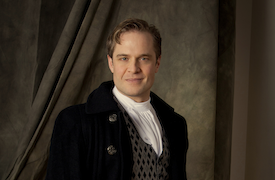
 Location details
Location details
